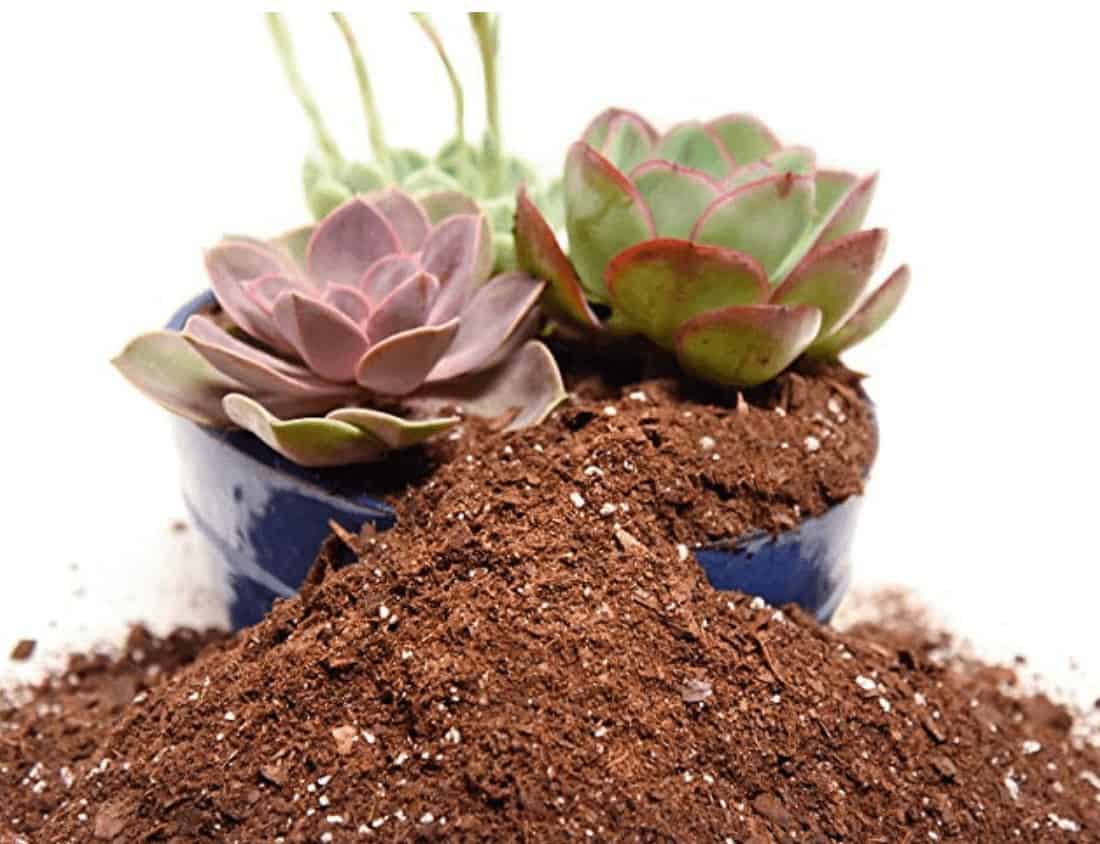Succulents are very low-maintenance plants that can find a place in interiors and gardens alike. They make stunning home decor because of their natural beauty and endless varieties. Given that they can take a lot of neglect, they’re considered to be a great plant for beginners, but even so, it’s possible to accidentally cause a succulent to dry out and perish. There are a few care tips that can help your new succulent thrive!
Different Kinds of Succulents
This type of plant comes in many amazing varieties. There are Cactaceae that fall within the succulent family but don’t have leaves. Aloe is also a succulent that produces a skin-soothing gel and there are over 300 species of it. Agave is similar to aloe but tends to be spinier and larger. Echeveria is the typical rose-shaped, waxy-leaved plant most people think of when they hear the word succulent. They’re often bread for their amazing flowers and colorful leaves.
Provide Light and Warmth
The main thing your succulents will need is a lot of light, as they come from environments with plenty of sunlight. Most varieties need more than six hours of sunlight daily so it’s good to place them in a south or west-facing window. If a succulent is placed in low-light conditions, they tend to flatten and stretch out in search of light. Native to hot climates, these plants prefer higher temperatures (between 40-80 degrees Fahrenheit) and lower humidity (between 40-60 percent).
The Right Soil Is Important
Succulents don’t like moisture and shouldn’t be sitting in water for long periods of time. That’s why porous, loose, and grainy soil with great draining properties is the ideal setting for them. When planted outside, they usually won’t need fertilizer, but it’s good to add a bit of water-soluble fertilizer to an indoor potter succulent.
Water Sparingly
If you’re a bit forgetful about watering your plants, every succulent in your home will love that. The frequency of watering will depend on the soil and type of succulent, but it’s always best to let them dry completely between waterings. They prefer to be underwatered than overwatered.



